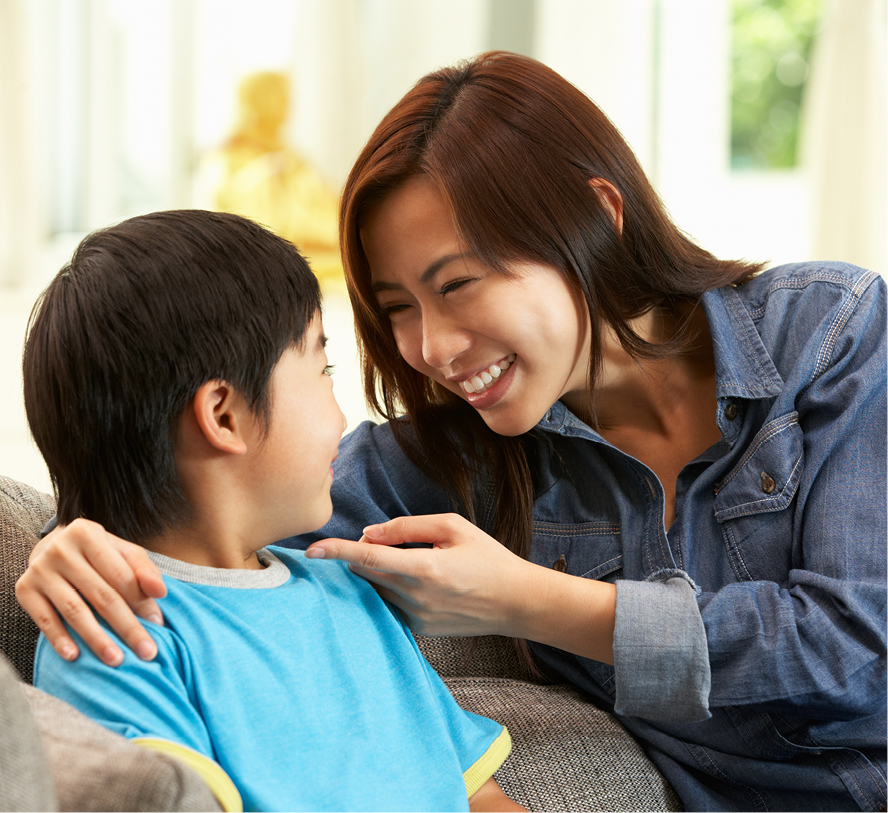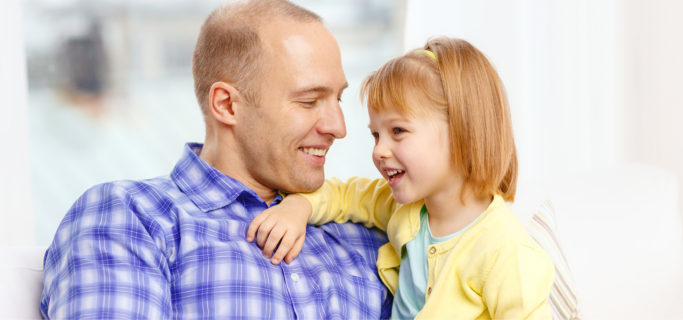Key findings
The latest RCH National Child Health Poll has found that the majority of Australian parents aren’t confident in identifying or responding to signs of a mental health problem in their child.
The poll revealed that only a third (35%) of Australian parents are confident they could recognise the signs of a mental health problem in their child, with a further third of parents believing a child’s mental health problems might be best left alone to work themselves out over time.
Director of the poll, paediatrician Dr Anthea Rhodes said that less than half of parents (44%) reported being confident they would know where to go for help if their child was experiencing social, emotional or behavioural difficulties.
“Children can develop many of the same mental health difficulties as adults, but sometimes they can manifest in different ways making them harder to recognise. Ignoring signs that may indicate a child is in need of help can result in the problem becoming more entrenched and much harder to treat,” she said.
Dr Rhodes said it was particularly concerning to see the poll revealed a third of parents believe a child’s mental health problems might be best left alone to work themselves out over time.
“Even if parents are unsure, there is no harm in having a conversation with their GP or school counsellor about any emotional, social or behavioural difficulties they think their child may be experiencing,” Dr Rhodes added.
The poll revealed that parents who reported connecting with their kids most days of the week were more confident they would recognise a mental health problem in their child if it was present. Despite regularly focusing on and connecting with their kids, one in three parents said it was hard to find the time to do so and some parents of young children reported being unsure of what to talk about or how to connect with their child.
“Life is busy and full of distractions, but parents can make a difference to the mental health and wellbeing of their kids by finding ways to focus on and connect with them as part of everyday life. It can be as simple as taking the time to read them a book, eating a meal together or having a chat on the way to school,” Dr Rhodes said.
She said that the findings suggest a need to educate and support parents to better recognise early warning signs of mental health problems, and to help them navigate their way to the right support.
“In this poll, parents reported their GP, teachers and school counsellors as potential sources of help for addressing concerns they might have about their child’s mental health. This highlights the importance of investing resources to adequately train and support staff in schools and primary care providers to meet this need,” Dr Rhodes said.
Other key findings from the poll include;
- Parents who reported connecting with their kids most days of the week were more confident they would recognise a mental health problem in their child if it was present
- A third (33%) of parents reported not knowing that primary school-aged kids can get depression
- A quarter of parents did not know that frequent physical complaints, such as headaches and tummy aches, can be a sign of a mental health problem in children
- 15 per cent of all parents felt their child is too young to talk to and connect with, and 13 per cent said they were not sure what to talk about or how to connect with their child.
In this video, Dr Anthea Rhodes shares a summary of the findings
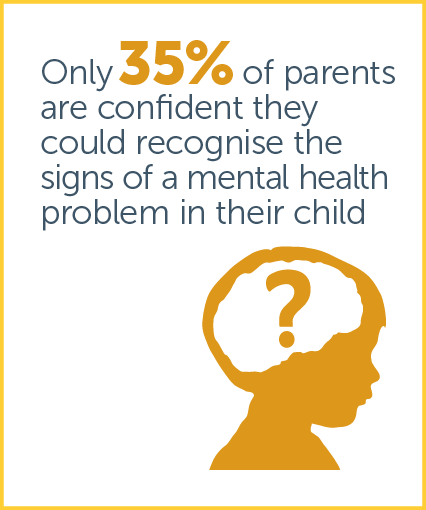
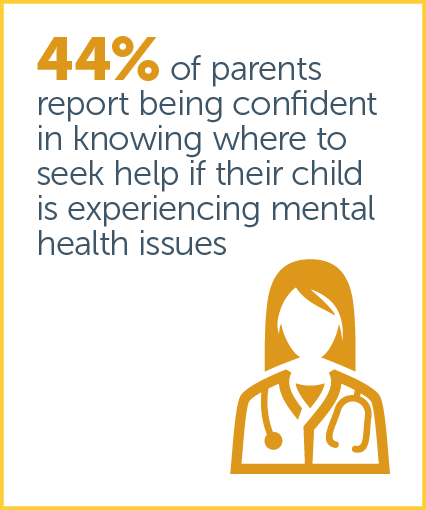
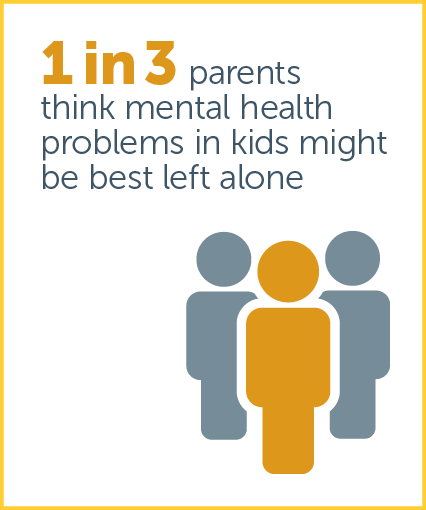
Poll report

Child mental health problems: Can parents spot the signs?
Download report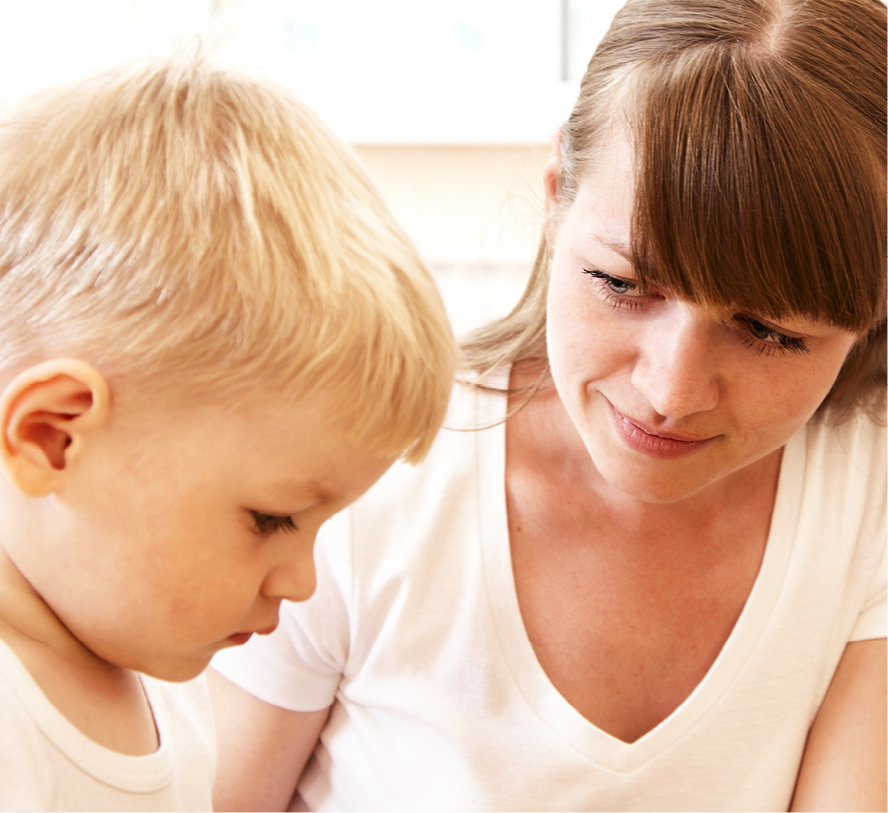
Poll questions

Child mental health problems: Can parents spot the signs?
Download poll questions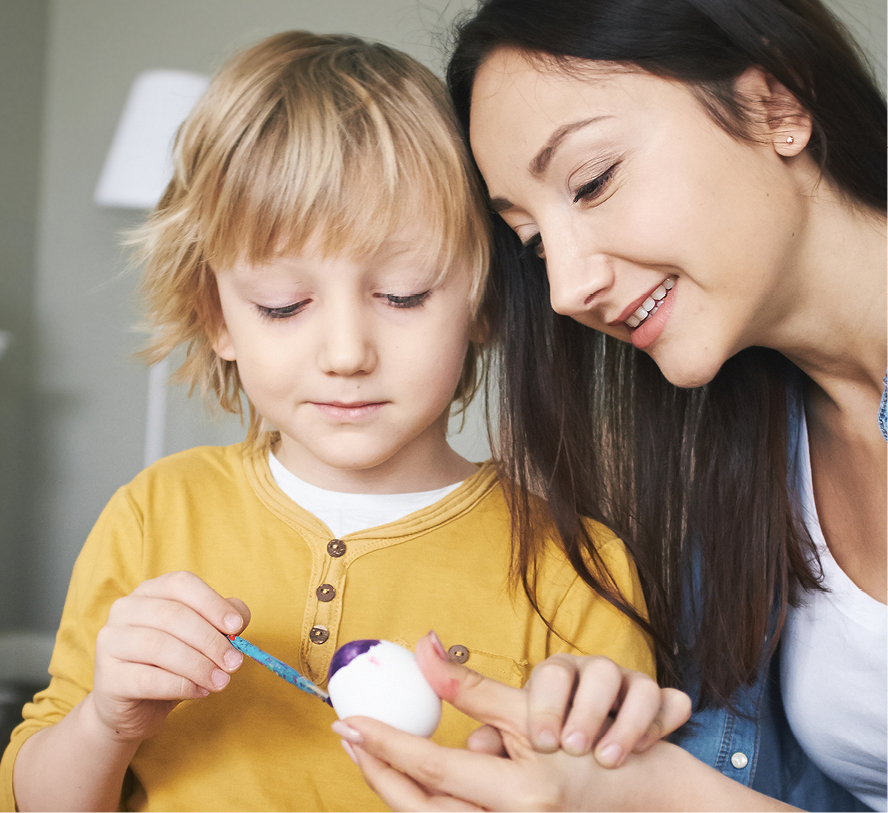
In the news
Herald Sun
RCH Poll: Parents struggle to recognise the signs of mental illness in their children
Kidspot
Parents don’t know what’s normal or when to worry about kids’ mental health
SBS News
Parents struggle to spot depressed child
Mamamia
The hidden signs of depression in children every parent needs to know about
TEN Eyewitness News Melbourne
TODAY Show
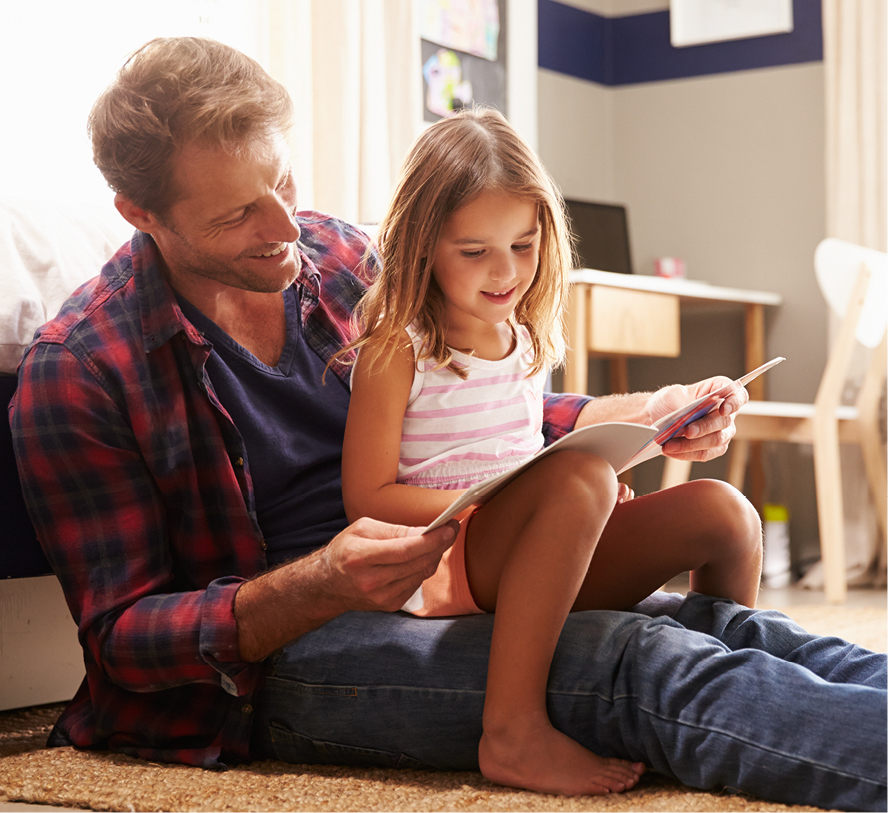
Information for parents
Signs of a social, emotional or behavioural problem in a child or teenager can be hard to spot. Patterns of emotion or behaviour that are particularly intense, go on for more than a few weeks and/or affect a child’s ability to cope with everyday life at home, school or kinder may be a sign of a mental health problem.
Signs of a possible mental health problem in a younger child include:
- Sadness a lot of the time
- Ongoing worries or fears
- Obsessions or compulsive habits that interfere with everyday life
- Ongoing problems getting along with other children or fitting in at school, kinder or child care
- Aggressive or consistently disobedient behaviour, such as frequent yelling, kicking, hitting, biting or damaging things around them
- Frequent physical complaints, such as headaches or tummy aches
- Sleep problems, including nightmares.
For older children and teenagers, signs of a possible mental health problem include:
- Having trouble coping with everyday activities
- Seeming down, feeling things are hopeless, being frequently tearful or lacking motivation
- Having trouble eating or sleeping
- Difficulties with attention, memory or concentration, a drop in school performance, or suddenly refusing to go to school
- Avoiding friends or withdrawing from social contact
- Complaints of frequent physical pain, such as headache, tummy ache or backache
- Being aggressive or antisocial, for example, missing school, getting into trouble with the police, fighting or stealing
- Losing weight or being very anxious about weight or physical appearance
- Repeated use of drugs or alcohol
- Self-harming behaviours.
How parents can get help
- Start by talking with your child about their concerns and help them to access appropriate help
- Speak with your GP or child health nurse, who may help your child directly or refer them to another professional
- Speak with your child’s school, kindergarten or childcare centre for advice and support in getting appropriate help
- Call a helpline for immediate support from a trained mental health professional (see helpline information below)
- Visit the below online resources.
If a child talks about suicide or is at immediate risk of harming themselves or others, parents and carers are advised to seek urgent medical attention by contacting their local emergency service or calling 000.
Helpful online resources
Better Health Channel – Children, young people and mental health services
beyondblue Healthy Families – mental health checklists and talking points for the whole family
headspace – Mental health information for 12-25 year olds
Health Direct – Depression in children
Kids Matter – Mental health matters
Mind Health Connect – Kids and mental health
Raising Children Network – Children’s mental health, 3-8 years
Raising Children Network – Pre-teen and teenage mental health
RCH Kids Health Info – Mental health factsheet for infants and young children
RCH Kids Health Info – Mental health factsheet for adolescents
Helplines
Lifeline Australia – phone 131 114 (local call; 24 hour advice line)
Kids Helpline – phone 1800 55 1800 (free call; free 24 hour advice line)
National Home Doctor Service – phone 13 SICK or 13 74 25 (local call)
Orygen Youth Health – phone 1800 888 320 (free call)
Parentline Victoria – phone 13 22 89 (local call; free advice 8:00am to midnight 7 days a week)
Suicide Call Back Service – phone 1300 659 467 (local call; free 24 hour advice line)
Youth beyondblue – phone 1300 224 636 (Iocal call; free 24 hour advice line)
Here, Dr Anthea Rhodes speaks with the RCH’s Professor Frank Oberklaid to offer advice to parents
